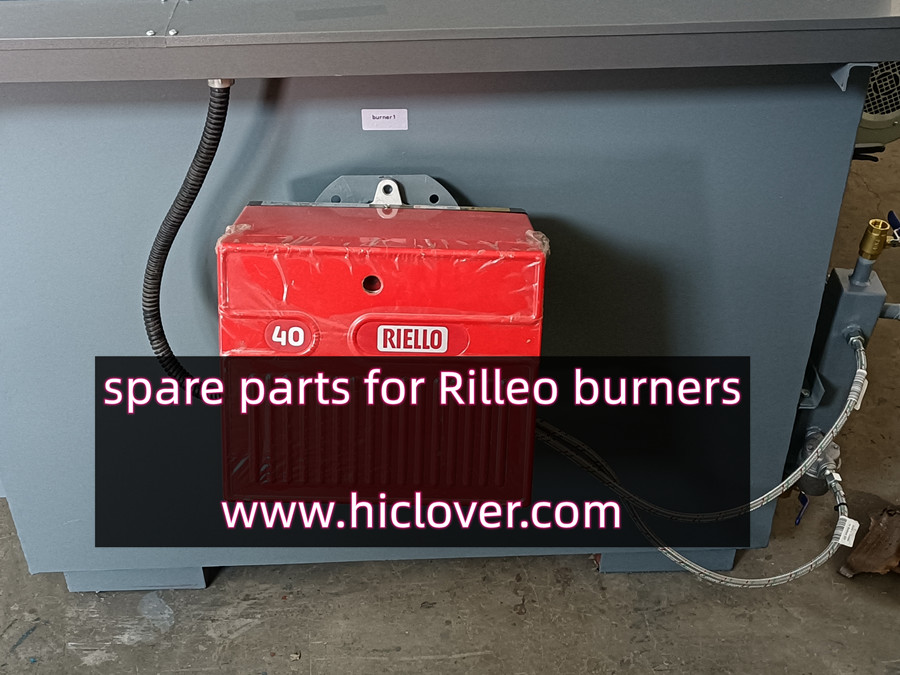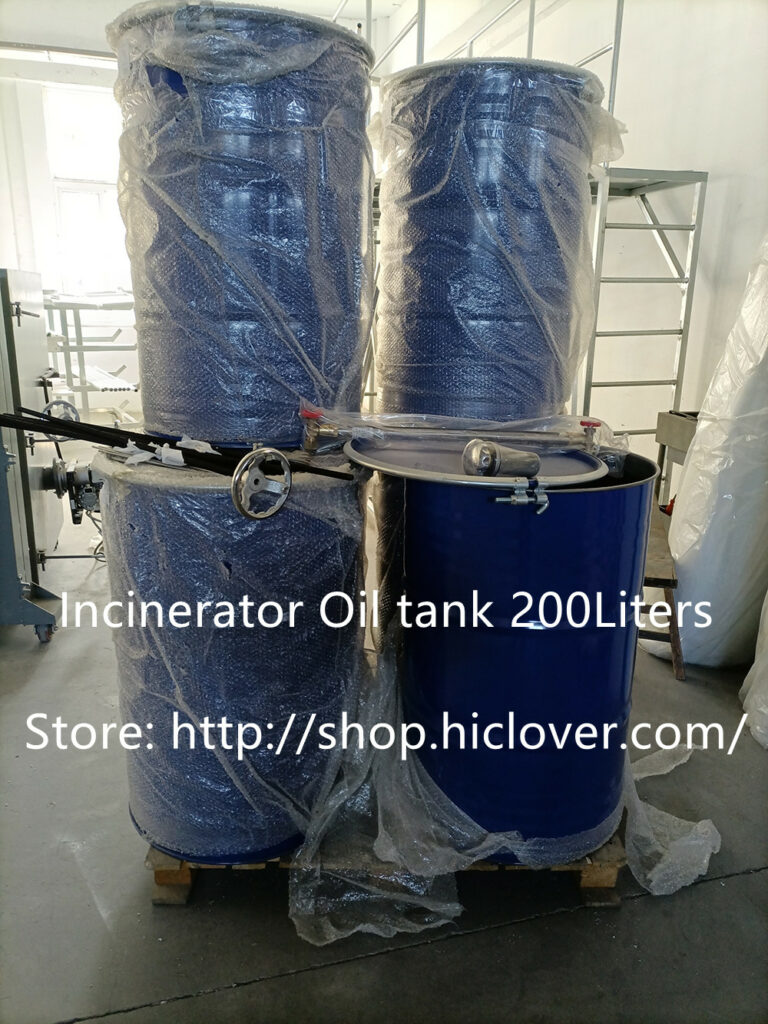An electrical incinerator is a vital piece of equipment in many industrial, medical, and waste management facilities. It is used to safely and efficiently dispose of various types of waste, including hazardous materials and medical waste. When selecting an electrical incinerator, it is essential to consider a range of factors to ensure you choose the right equipment for your specific needs.
1. Capacity and Throughput
The capacity and throughput of an electrical incinerator are crucial considerations. You need to ensure that the incinerator can handle the volume of waste generated at your facility. It is essential to accurately assess your waste generation rates and select an incinerator with the appropriate capacity to avoid overloading the equipment or underutilizing its capabilities.
2. Regulatory Compliance
Regulatory compliance is a critical consideration when choosing an electrical incinerator. Different regions have specific regulations and standards governing the management and disposal of waste, especially hazardous and medical waste. It is vital to select an incinerator that meets or exceeds these requirements to avoid potential legal and environmental issues.
3. Energy Efficiency
Energy efficiency is another key consideration when selecting an electrical incinerator. Look for equipment that utilizes advanced combustion technologies to optimize fuel consumption and minimize emissions. An energy-efficient incinerator can help reduce operating costs and environmental impact while ensuring effective waste disposal.
4. Emissions Control
Emissions control is a significant concern when it comes to incineration. Look for an electrical incinerator with advanced pollution control systems, such as scrubbers, filters, and monitoring equipment, to minimize the release of harmful pollutants into the environment. Ensuring effective emissions control is essential for maintaining a safe and sustainable waste disposal process.
5. Operational Flexibility
Consider the operational flexibility of the incinerator, including its ability to handle different types of waste and adapt to changing processing requirements. Look for equipment with versatile design features and control systems that can accommodate various waste streams and operational scenarios.
6. Maintenance and Support
Select an electrical incinerator from a reputable manufacturer with a track record of providing reliable equipment and excellent customer support. Maintenance and support services are essential for ensuring the long-term performance and reliability of the incinerator.
7. Cost and Return on Investment
Finally, consider the overall cost of the incinerator, including purchase price, installation, operating costs, and projected return on investment. While it is essential to consider the initial investment, it is equally crucial to assess the long-term benefits and cost savings associated with a high-quality incinerator that meets your specific needs.
In conclusion, selecting the right electrical incinerator for your facility requires thorough consideration of various factors, including capacity and throughput, regulatory compliance, energy efficiency, emissions control, operational flexibility, maintenance and support, and cost and return on investment. By carefully evaluating these key considerations, you can choose an incinerator that meets your waste disposal needs effectively and sustainably.



